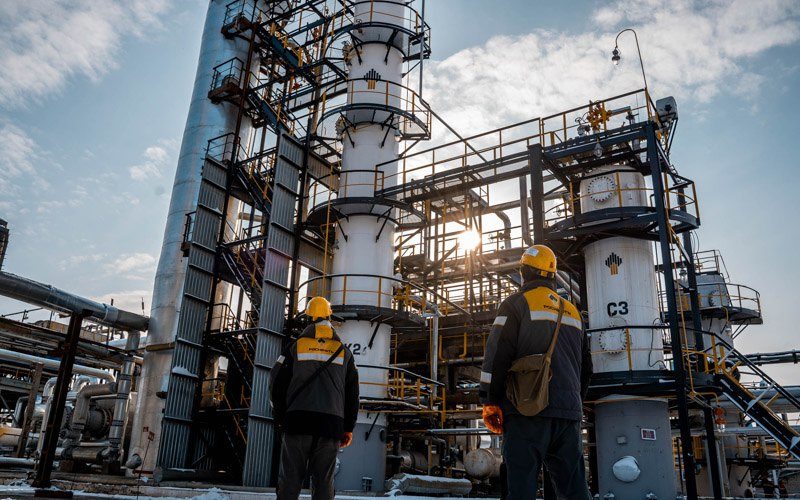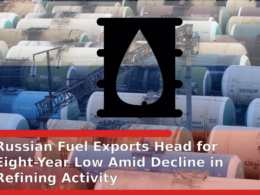Due to rising oil prices in the world, Russia may earn even more this year than last. After the start of the war in Ukraine, Russia’s crude oil exports actually grew steadily, reaching 4.7 million barrels in March 2022, a record since the COVID-19 pandemic, said Oleh Ustenko, Ukraine’s economic adviser.
He states that in this way Putin receives $ 1 billion a day from oil alone. European countries have even increased imports of Russian oil.
For Ukraine, this means one thing: the occupying country will have additional resources in the war against us.
Therefore, a full embargo on Russian oil exports is extremely important to stop Russia’s aggression. However, will Europe decide to take such a step?
Who traditionally buys Russian oil?
The largest buyers of oil from the invading country are the European Union (which buys 42% of Russian oil) and China (14%).
In the EU, Lithuania (83% of total consumption), Finland (80%), Slovakia (74%), Poland (58%), Hungary (43%) and Estonia (34%) depend most on Russian oil. On the other hand, Russia’s share in German imports is only 30%. At the same time, Germany is the most active opponent of the urgent introduction of the embargo.
Australia, Canada (both countries consumed a small amount of oil) and the United States (8% of total oil imports) have already refused to buy Russian oil. The United Kingdom (8%) plans to do so by the end of 2022.
How long can it last?
During a meeting with Ukrainian President Volodymyr Zelensky in Kyiv on Friday, April 8, EU High Representative for Foreign Affairs and Security Policy Joseph Borrell said that the Union’s foreign ministers would discuss oil sanctions in mid-April.
“The sanctions we have agreed on are causing great damage to the Russian economy, but there must be more,” said Joseph Borrell in the Ukrainian capital. However, any quick solution faces serious political obstacles.
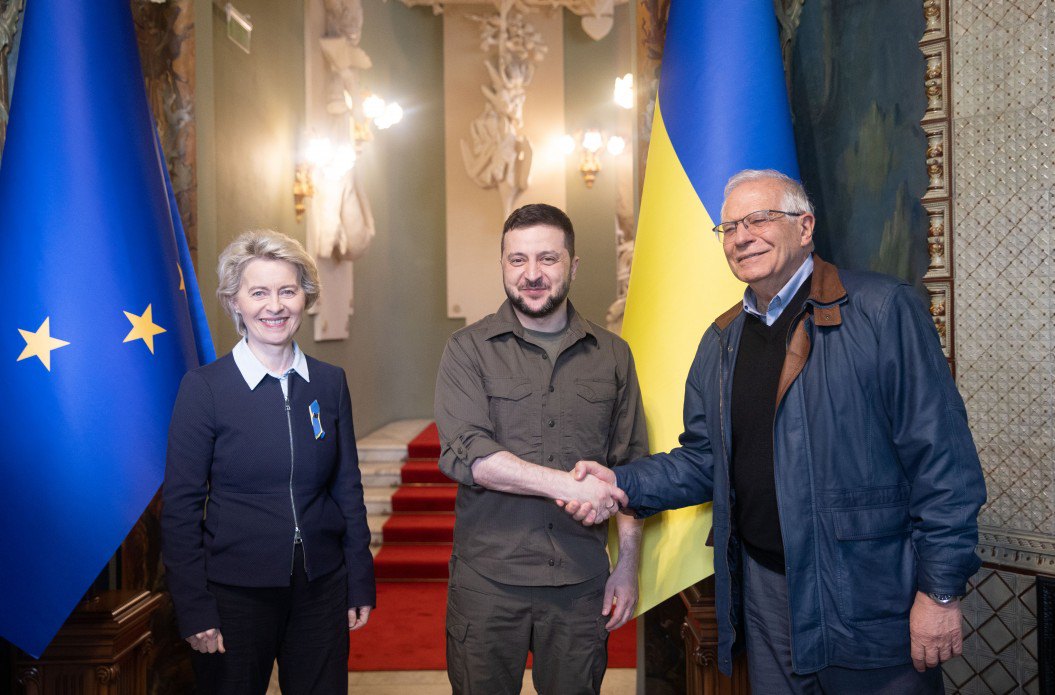
For example, Germany opposes a ban on the purchase of Russian oil. Hungary will also block the embargo at EU level.
“Some European countries fear that (due to the embargo on the purchase of Russian oil. – LB.ua) inflation will rise. However, the market will undergo a rapid correction – and prices will return to acceptable levels. The reason why I believe that the price of oil will fall is that the market will receive additional crude oil from Latin America and the Middle East, “said Oleg Ustenko.
He notes that African countries and some countries in the Middle East have begun to prepare for increased production. It is possible that Iran and Venezuela will enter the world market with the supply of oil.
However, after talks between OPEC and the EU this week, the union’s secretary general, Mohammed Barkindo, said the cartel would not be able to compensate for the refusal to supply Russian oil to the world market.
Are the sanctions and moratoriums already in place?
Russia’s cash flows from oil and natural gas production fell by 47.8% in March, falling by 29.6% in February. This led to the fact that the budget of the occupying country received 300 billion rubles less than planned, explained its Ministry of Finance.
The decline in oil and gas revenues is a direct result of the voluntary embargo of some countries and companies in response to Russia’s war in Ukraine.
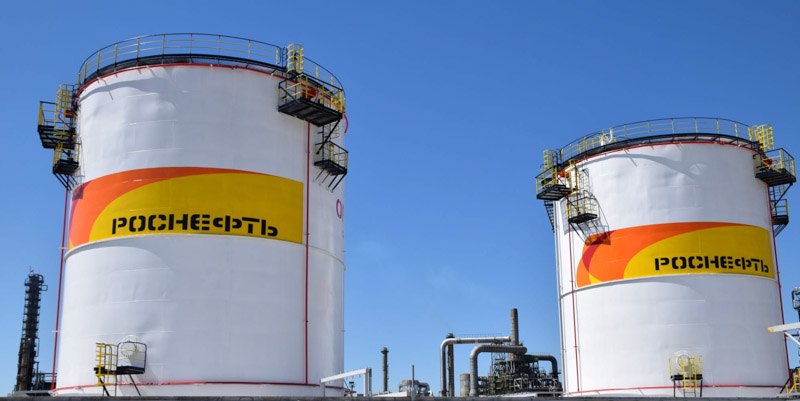
At the same time, however, there are reports that Russians and their partners in the West are using schemes to help circumvent even current sanctions.
In particular, the company Shell, despite the fact that it announced the termination of cooperation with Russia, has found a way to sell Russian oil through the so-called “Latvian mixture”. This mixture contains only 49.99% of oil of Russian origin. While the other 50.01% of the percentage comes from elsewhere, the oil cargo is technically not of Russian origin.
Oil goes from Russia’s Primorsk to the Latvian port of Ventspils, where the product is “mixed”.
“Such a maneuver is used to ensure that products arrive in Europe and at the same time allegedly satisfy public opinion, which is against oil companies sponsoring Putin’s aggression in Ukraine. We are working out mechanisms to control such schemes, “said Andriy Yermak, head of the President’s Office.
However, Russia can no longer freely trade in oil, as before the war and sanctions.
“Russia is already selling its Urals oil at a discount of more than 30%, and we do not know what the price will be by the end of the year. They now produce 11 million barrels per day. 50% of this is exported. And from this half, they have already lost the opportunity to sell 2.5 million barrels. This is precisely because of sanctions against their financial sector. Because now buying oil is not a problem, but it’s a problem to pay for it, because there are issues with currency exchange and payments, ” market expert Gennady Kobal told LB.ua.
He added that each subsequent package of sanctions increasingly limits this item of income of the Russian Federation.
Will China help the Russians?
Even Chinese state-owned oil refiners are avoiding new trades with Russian oil, says economic expert Oleg Hetman.
And although they fulfill existing contracts, they avoid new ones, despite significant discounts. They are listening to Beijing’s calls for caution as Western sanctions against Russia intensify, six Chinese sources told Reuters.
In particular, according to the agency, in May the state-owned companies Sinopec, CNOOC, PetroChina and Sinochem refused to buy oil in Russia.
Sinopec’s trading division, Unipec, which has so far been a leading buyer of Russian oil in China, warned the global team at internal meetings about the risks of working with raw materials from Russia.
“The idea and tone are clear – risk control and compliance are more important than profit. Although Russian oil is sold at huge discounts, there are many problems, such as shipment insurance and payment problems, ”according to Reuters.
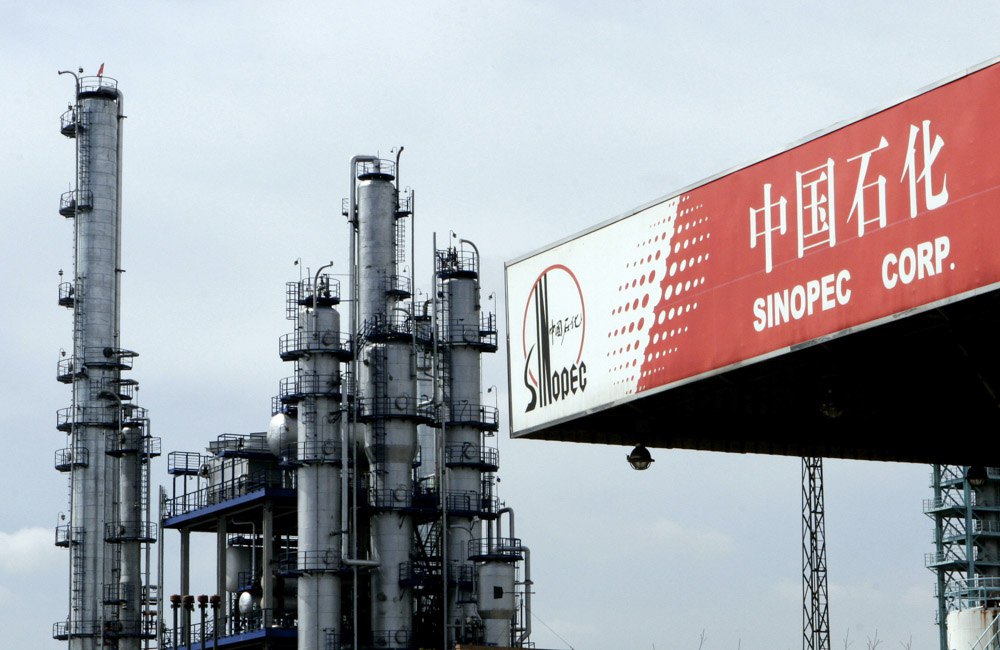
According to the agency’s interlocutors, Chinese state-owned companies also do not want the purchase of large consignments of oil to look like support for Russia against the background of its aggression against Ukraine.
Will Russia sell oil to India?
However, in late March, it became known that the Indian state company Hindustan Petroleum Corp bought 2 million barrels of Russian Urals oil with delivery in June. Urals is also bought by other Indian refiners who are tempted by the discount – Mangalore Refinery and Petrochemicals Ltd. and Bharat Petroleum Corp.
As economist Alexei Kushch told LB.ua, Russia should not be relied on too much for India. And for a number of very important reasons.
“Currently, Russia is offering a discount on its oil from market prices of 35%, and in the future it may be 50%. The same was true of Iran, which, unable to sell its oil on free markets, offered a discount as a reward to those who risked circumventing sanctions. And any risk is expensive, “he said.
He adds that we have a certain price blackmail on the part of the buyer, because it is impossible to sell this product to anyone at the market price. And India, if it decides to buy in the future, will demand a huge discount from Russia.
However, even then, the Russians will hardly be able to expect significant sales solely for technical, logistical reasons.
“Previously, supplies of Russian oil to India were based on the principle of substitution. Because before the war, Russia did not physically supply oil to India. It was actually transported there by the Persian Gulf countries, and the Russians instead gave these volumes to Europe via oil pipelines. There was such a set-off between them at agreed prices. And now this system will no longer be able to work due to sanctions, “says Oleksiy Kushch.
Now Russia will be forced to physically export its oil to India. However, it does not have enough tankers for this. And he will not be able to hire them for these needs – again due to sanctions. In addition, restrictions are added on the service of Russian ships in the ports of different countries.
According to Gennady Kobal, in Russia, problems in this segment of energy resources arise from the sale of not only crude oil but also petroleum products, because due to the war and sanctions, all logistics chains for Russia were virtually destroyed.
What to expect in the near future?
“During the month of the war, Russia did not find an opportunity to reduce production. They have all terminals, all tankers clogged with oil. There are problems with tanker delivery and payment. And it is no longer possible to sell quickly, as before. And these problems are accumulating like a snowball, because new restrictions are on the way, and maybe an embargo, “says Gennady Kobal.
In Russia, the share of oil and gas revenues in the federal budget last year is estimated at 35%. The share of the fuel and energy complex in GDP was 25.5%. In total, the Russians received $ 250 billion from oil and gas last year (at prices above $ 100 per barrel of oil and $ 1,200 per thousand cubic meters of gas). Revenues from crude oil in 2021 amounted to $ 110 billion. It exported 144 million tons of oil products in 2021, $ 70 billion in total. This is a total of $ 180 billion in foreign exchange earnings from exports of oil and petroleum products.
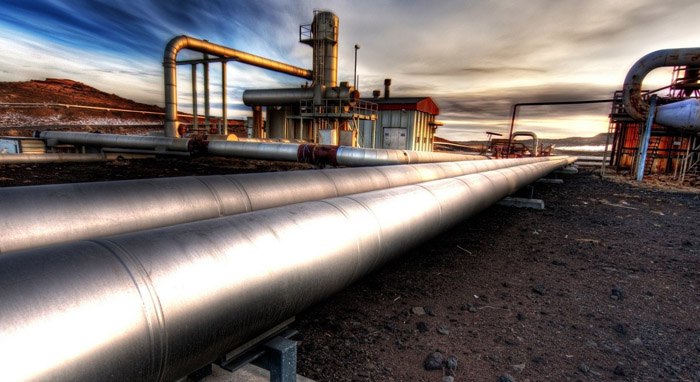
“These are critical figures for Russia. Therefore, all sorts of sanctions against these industries lead to the gradual destruction of the Russian economy. But, unfortunately, we do not have time to expect this. Therefore, of course, a full-fledged oil and gas embargo will significantly speed it up, ”says Oleksiy Kushch.
Source: by Oleksandr Detsyk, editor of economics department, LB.UA
https://lb.ua/economics/2022/04/12/513197_krivave_palivo_chomu_naftove_embargo.html




